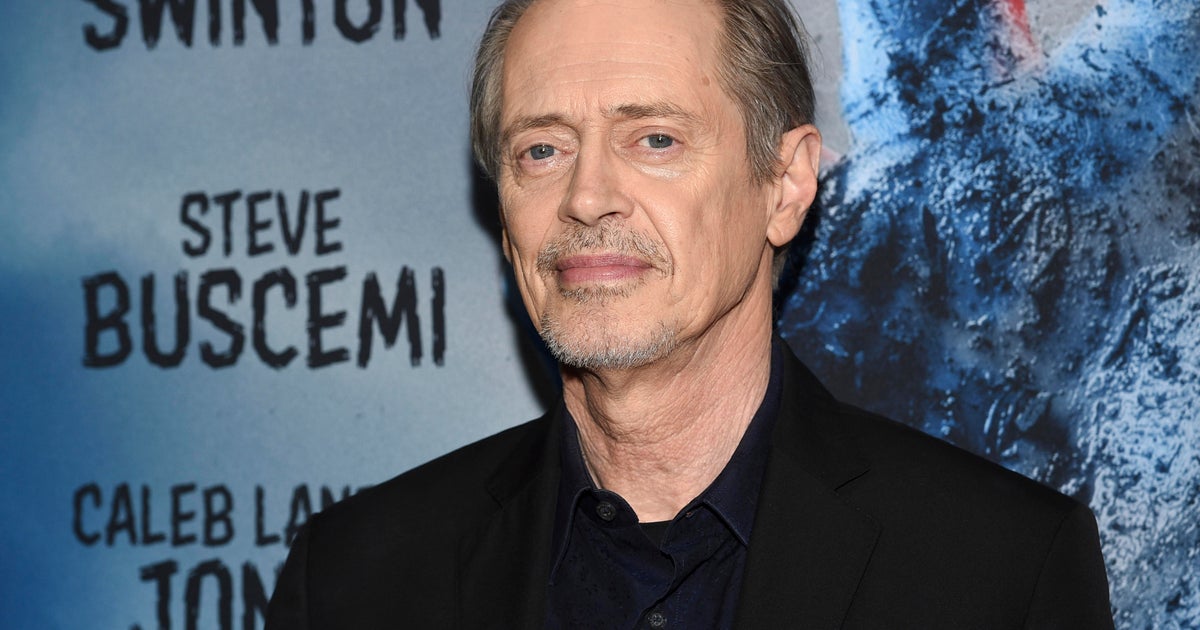What time does the solar eclipse start, peak and end in New York? Map shows timeline
NEW YORK -- The 2024 solar eclipse peaked Monday afternoon in New York. The lasted up to four minutes before it ended.
Upstate New York was lucky enough to fall within the path of totality, where the moon will fully cover the sun. New York City will see a partial eclipse, with the moon covering about 90% of the sun's light.
CBS News New York streamed live coverage of the eclipse with reporters across New York and New Jersey, as well as Chief Weathercaster Lonnie Quinn in Lake Placid and CBS2 News at 5 Anchor Kristine Johnson in Niagara Falls.
What time will the solar eclipse start, peak and end in New York's path of totality?
The total solar eclipse started around 2:07 p.m. EDT on April 8, 2024 along Mexico's Pacific coast. It will then travel across parts of the United States and Canada before leaving continental North America at 5:19 p.m. EDT.
It is expected to enter southwestern New York shortly after 3:15 p.m., then leave the northeastern part of the state just before 3:30 p.m. The 124-mile stretch through New York spans 29 counties, including cities like Buffalo, Rochester and Syracuse.
The entire event will last approximately two and a half hours, but the total solar eclipse will only be visible for about two to four minutes, depending on location.
- Jamestown: Partial eclipse begins 2:03:38 p.m., Full eclipse begins 3:17:55 p.m., Full eclipse ends 3:20:46 p.m., Partial eclipse ends 4:31:43 p.m.
- Buffalo: Partial eclipse begins 2:04:56 p.m., Full eclipse begins 3:18:20 p.m., Full eclipse ends 3:22:06 p.m., Partial eclipse ends 4:32:10 p.m.
- Rochester: Partial eclipse begins 2:07:00 p.m., Full eclipse begins 3:20:08 p.m., Full eclipse ends 3:23:47 p.m., Partial eclipse ends 4:33:26 p.m.
- Syracuse: Partial eclipse begins 2:09:01 p.m., Full eclipse begins 3:23:03 p.m., Full eclipse ends 3:24:30 p.m., Partial eclipse ends 4:34:49 p.m.
- Watertown: Partial eclipse begins 2:10:05 p.m., Full eclipse begins 3:22:33 p.m., Full eclipse ends 3:26:12 p.m., Partial eclipse ends 4:35:01 p.m.
- Plattsburgh: Partial eclipse begins 2:14:03 p.m., Full eclipse begins 3:25:44 p.m., Full eclipse ends 3:29:18 p.m., Partial eclipse ends 4:37:07 p.m.
The path of totality will then move over Vermont, New Hampshire and Maine before reaching Canada around 4:25 p.m.
What time will the solar eclipse start, peak and end in NYC?
New York City is expected to see a partial solar eclipse, with the moon covering about 90 percent of the sun. The partial eclipse will peak at 3:25 p.m. across the five boroughs, lasting no more than a minute.
- Staten Island gets the first glimpse, with the peak starting around 3:25:11 p.m. in Tottenville and ending around 3:25:28 p.m. in Tompkinsville.
- Next it will peak in southwestern Brooklyn, including Bay Ridge, Dyker Heights, Bath Beach and Coney Island, around 3:25:30 p.m.
- In the heart of Manhattan, peak is expected at 3:25:39 p.m. by the southern end of Central Park and then at 3:25:41 p.m. by the northern end.
- The peak wraps up in northeastern Queens, including Little Neck, Glen Oaks and Floral Park, around 3:25:59 p.m.
City officials warn people to use caution as they drive and walk around during the eclipse. Drivers are urged to use their headlights, especially during the peak, and state officials say cars are not allowed to pull over and watch from the shoulder of roadways.




